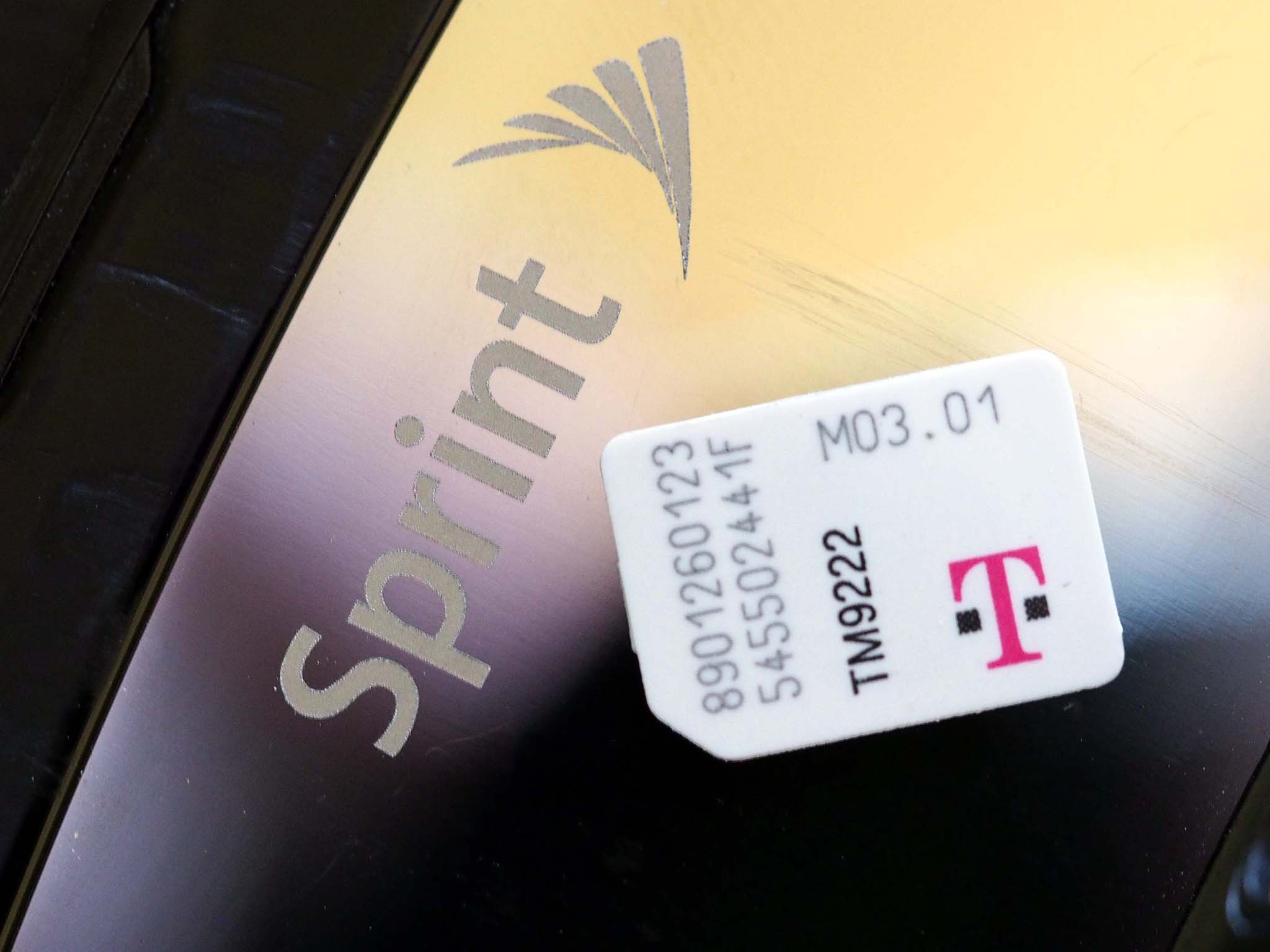T-Mobile merger with Sprint looks more likely as Softbank and Deutsche Telekom agree on sale

iMore offers spot-on advice and guidance from our team of experts, with decades of Apple device experience to lean on. Learn more with iMore!
You are now subscribed
Your newsletter sign-up was successful
Softbank is making an end-run around concerns about a merger of Sprint and T-Mobile US by instead hitting up T-Mobile's parent company Deutsche Telekom. As reported by Japanese news agency Kyodo, Japan-based Softbank has entered into an agreement with Germany-based Deutsche Telekom to buy the latter's ownership stake in US carrier T-Mobile. The US Federal Communications Commission and Department of Justice have expressed their concerns about the potential for such consolidation in the US cellular market, and the move by Softbank would likely end up still being heavily scrutinized.
The end result (a Sprint/T-Mobile merger) would likely still be the same, though this move might bring the two companies as separate entities under the same umbrella corporation first. Softbank bought Sprint last year for $21.6 billion, and they've been vocal about their desire to also buy T-Mobile. Sprint, too, has been pursuing T-Mobile, though it's more likely that Softbank's even deeper pockets would be better suited to such an acquisition.
We don't have any indication right now of how much the deal may end up costing Softbank (estimates range up to $50 billion), though T-Deutsche Telekom's 67% stake in T-Mobile US. When AT&T attempted to buy T-Mobile and was shot down in 2011, the purchase prices was set at a whopping $39 billion. T-Mobile of 2011 was a radically different company than T-Mobile of today. A good portion of T-Mobile's success today actually comes thanks to the failure of that acquisition, which garnered T-Mobile a multi-billion-dollar break-up fee from AT&T, as well as the spectrum needed to enhance their network.
Deutsche Telekom has expressed interest in the past in unloading their share of T-Mobile US, much like last year's massive sale of Vodafone's stake in Verizon Wireless to Verizon. With Deutsche Telekom wanting out of the US, and Softbank wanting to expand rapidly in the US, it seems all but inevitable that T-Mobile will trade hands. But will such a sale and merger be good for US consumers, and what will happen to the Uncarrier in the process?
iMore offers spot-on advice and guidance from our team of experts, with decades of Apple device experience to lean on. Learn more with iMore!
Derek Kessler is Special Projects Manager for Mobile Nations. He's been writing about tech since 2009, has far more phones than is considered humane, still carries a torch for Palm, and got a Tesla because it was the biggest gadget he could find. You can follow him on Twitter at @derekakessler.

